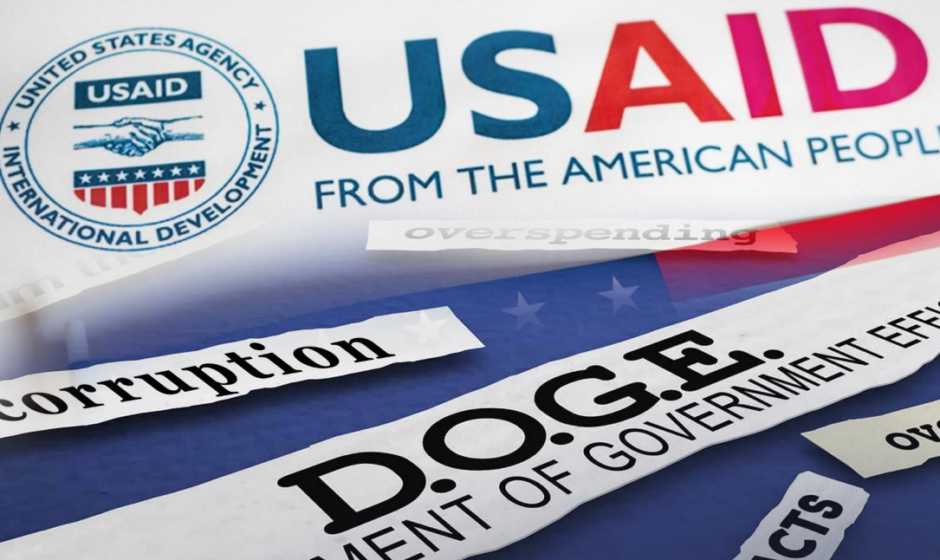The United States Agency for International Development (USAID) was established in 1961 during the Cold War, ostensibly to provide humanitarian aid and foster economic development. However, over the decades, it has evolved into a tool of American geopolitical manoeuvring, often acting against the very interests of the nations it claims to help. While USAID publicly promotes democracy, economic growth, and stability, its interventions have repeatedly served as instruments of subversion, funding extremist organizations, undermining local governance structures, and advancing ideologically driven agendas that disrupt sovereign nations.
While USAID has worked extensively with national governments to implement development programs, it has often bypassed official state mechanisms, choosing instead to fund non-governmental organizations (NGOs) that operate with limited oversight. This approach has created parallel administrative structures, leading to dependency and weakened governance in several countries. Governments in Asia, Africa, and Latin America have repeatedly raised concerns over USAID’s influence, with some nations outright expelling the agency due to allegations of political interference and covert destabilization efforts.



